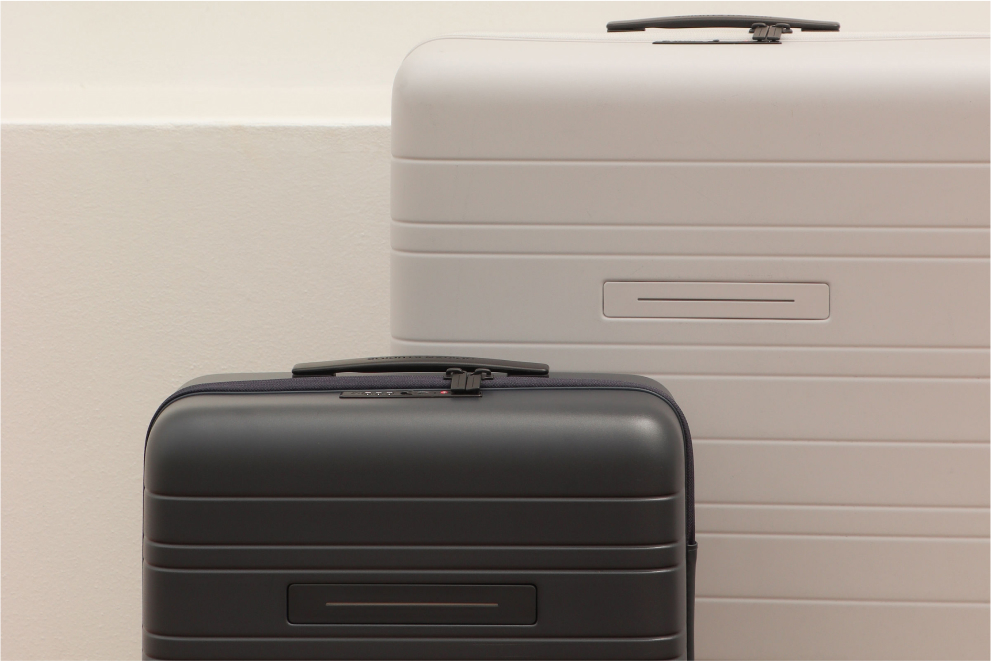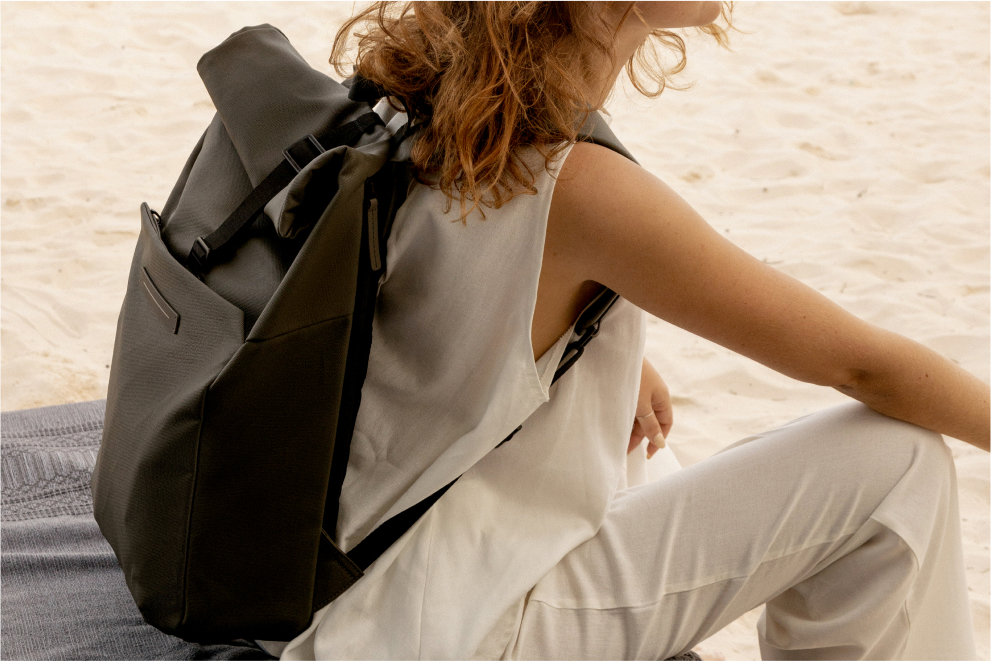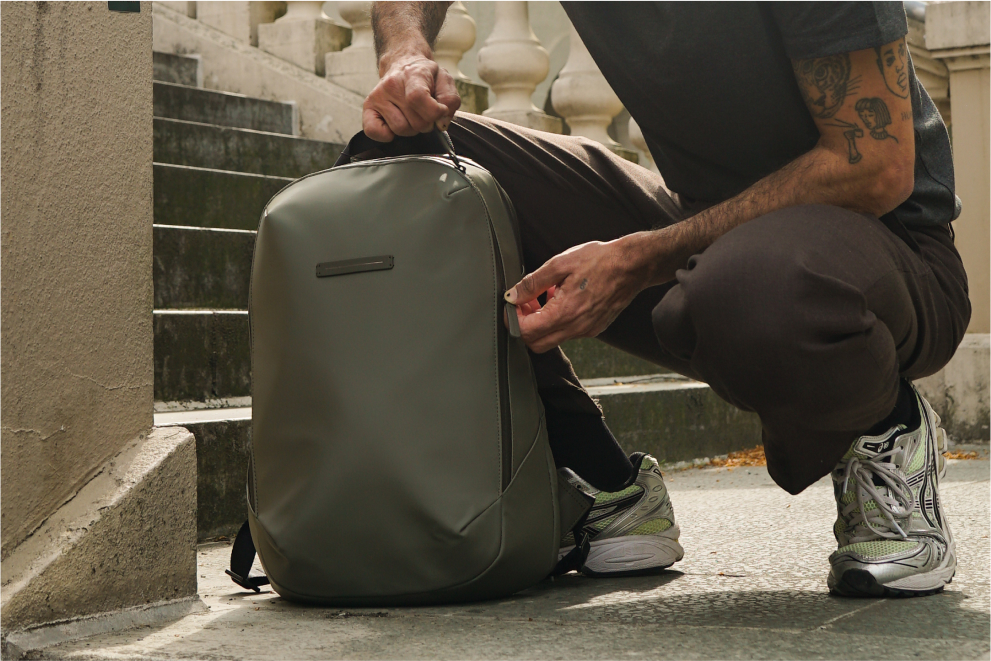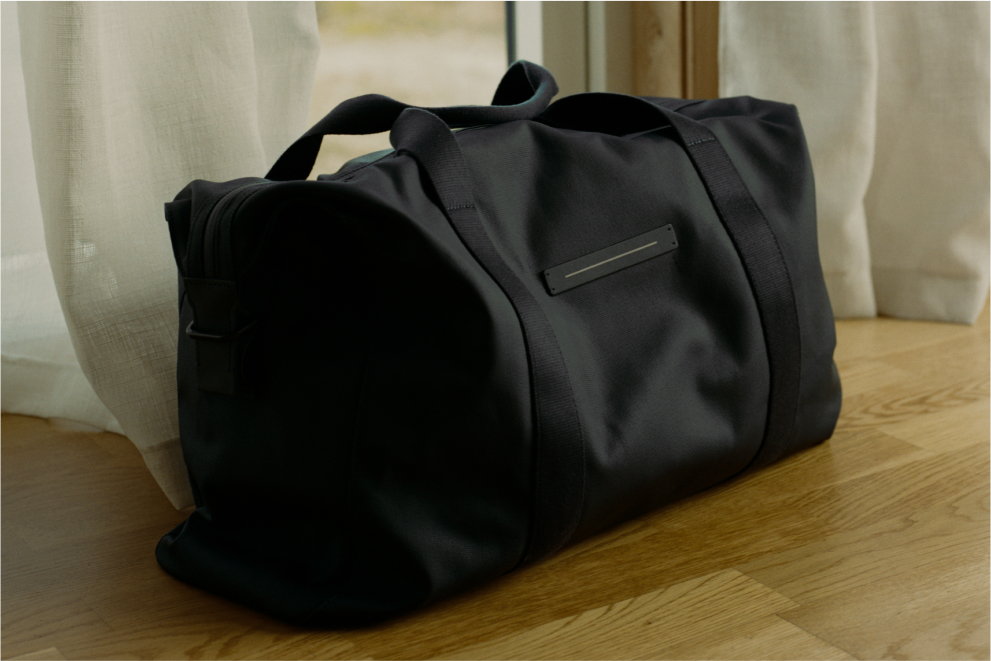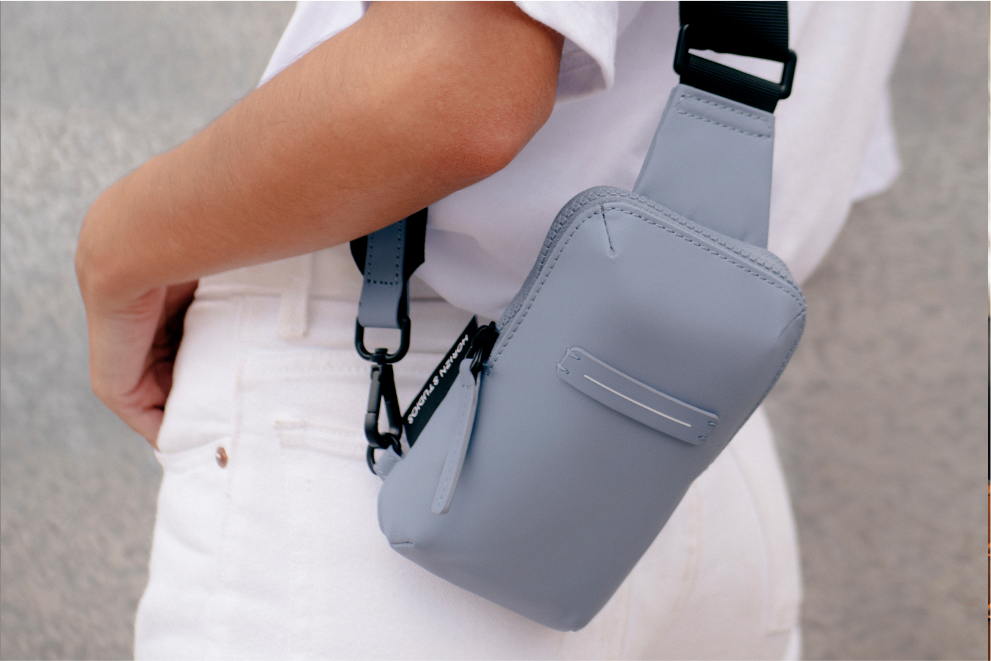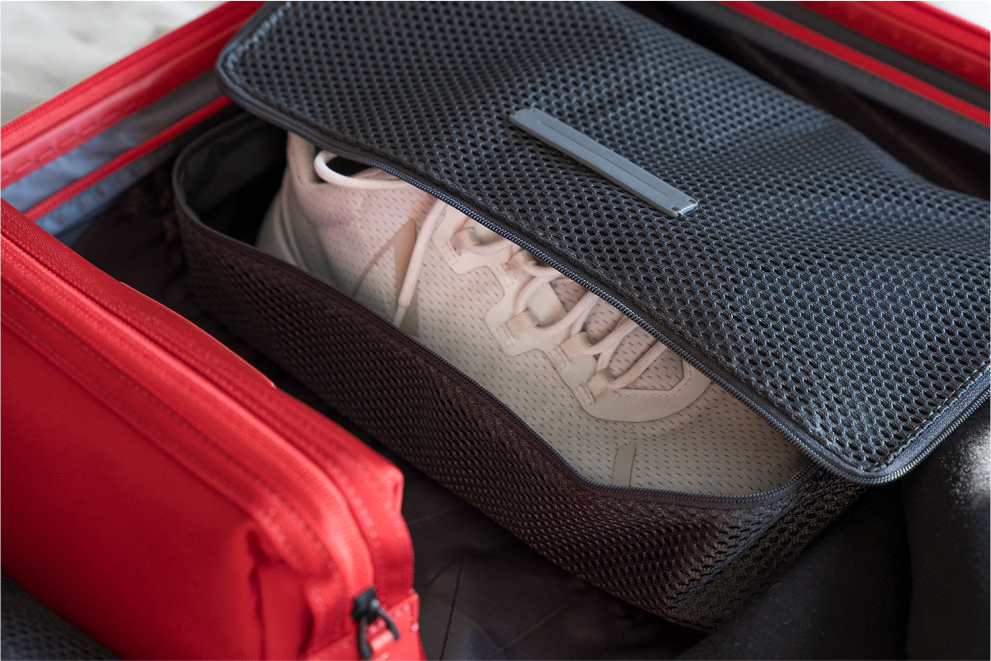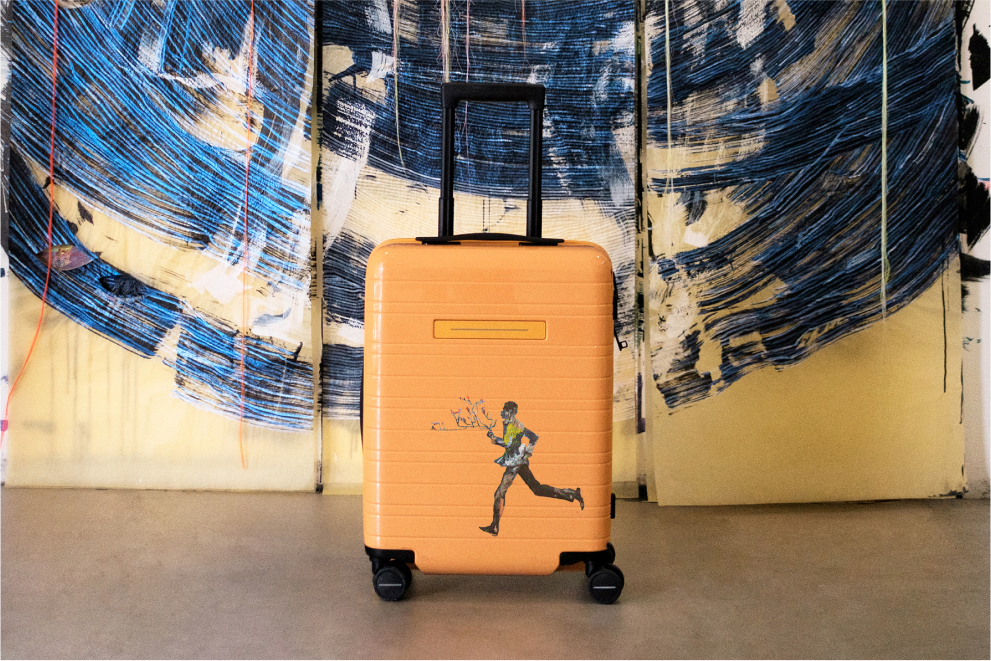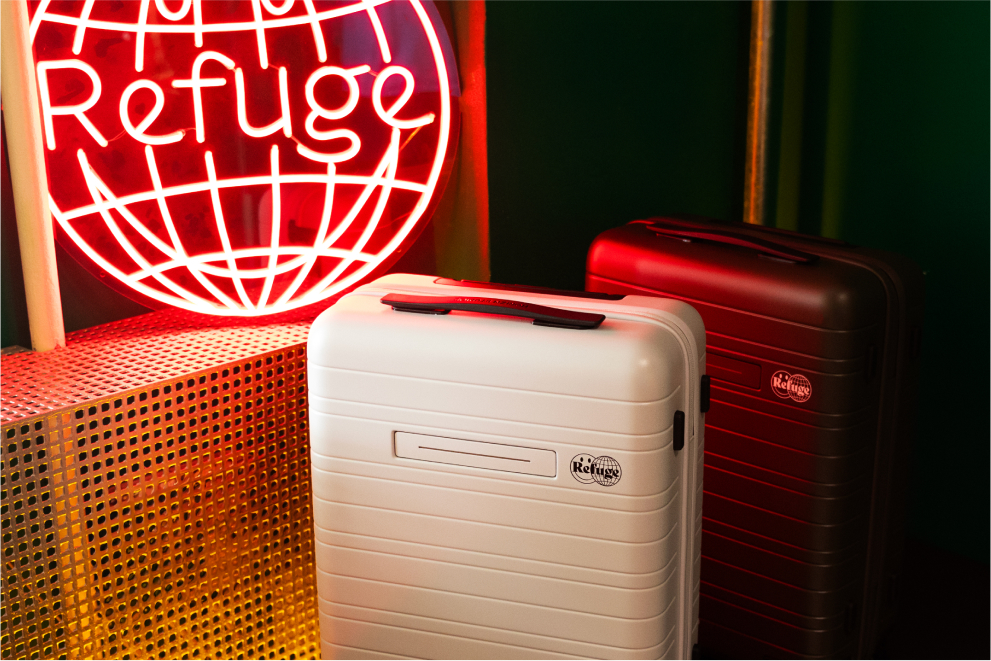A learning revolution
Democratising education with online platform Kiron
We live in a world of hyper-connectivity. As technology has created great upheavals in our lifestyle, culture, and working environments, it has also fostered new opportunities to break cycles of social injustices and vulnerability. This rings particularly true for education, a key to escaping poverty and enabling upward socioeconomic mobility. However, in times of crisis, employability continues to take a back seat, with food, water, health, and shelter taking priority during emergencies.
85% of the world’s refugee population lives in developing countries. Even though refugee education is an established right, only 3% of displaced youth has access to higher education, leaving millions without learning opportunities. This is what Kiron believes needs to change. Since 2015, the organisation has been offering free, high-quality online courses to those in need, enabling them to study at any time and at their own pace, no matter where they are based. In conversation with our editor, digital marketing manager Julia Pazos talks about the importance of democratising education and how Kiron’s use of technology implements solutions developed to aid students’ personal, academic, and professional growth.
This interview is part of Horizn Together, our social programme supporting Kiron’s mission to democratise education through online learning.
Over 10,000 students are currently using your platform, Kiron Campus. What sets you apart?
We want to empower displaced youth by providing them with the knowledge, skills, and networks they need for future success. To tackle their challenging learning contexts, creative solutions need to be delivered on the ground. We offer bespoke online study programs using massive open online courses (MOOCs) from renowned educational providers and Open Educational Resources (OERs). Many of our students have continued their studies at higher education institutions while others have used their newly acquired skills to enter the job market in their host countries. Thanks to our support services, they can connect with Kiron staff members at any time, ask questions, and discuss any issues they may have. Only recently, we have increased our language learning opportunities and have made our registration process much simpler, which has tripled our monthly registrations.
What exact role does education play in humanitarian work?
It is a priority need for displacement. For too long, we were unaware of its life-sustaining and protective role during conflict and crisis and misjudged the social and economic consequences for both host and home countries. Education is a way out for a lot of refugee youth and gives them the freedom to have self-reliance and mobility.
What are the implications of the Covid-19 pandemic? How big is the setback?
For many refugees living in overcrowded camps, especially during a pandemic, health is a main concern. During a pandemic, governmental resources are being filtered into preventing economic collapse, health resources, and other avenues. This not only means that education isn’t necessarily prioritised, but that refugee needs are often overlooked. Plus, as institutions shift to online platforms, refugees often don’t have any internet access in the first place, hindering them from accessing learning opportunities.
What are the biggest obstacles refugees and underserved communities face in accessing higher education?
The main ones are language, documents, finances, and support. Speaking the local language is crucial when integrating into a host country, let alone into local universities. On top of that, school records aren’t easily transferable and frequently declined by local universities. Many refugees don’t have the financial resources to pay for language classes and higher education courses; they might not even be able to afford the commute to get to classes. Finally, continuous support is necessary to keep students motivated and feel like they can succeed.
What is the role of such community efforts?
The translation of our campus has been key in reaching new student populations and making them feel comfortable (Kiron Campus is currently available in English, German, Arabic, and Turkish, and will launch in Spanish soon). Online learning can be isolating, but by providing groups and message boards and enabling students to interact in their native language, they can share their accomplishments, ask questions, and get personal information on different courses.
Just as technology creates equal learning opportunities, it also makes students depend on physical devices and access to the internet. How do you tackle this and other challenges, such as the lack of digital skills, poor connectivity, and low bandwidths in developing countries and rural areas?
First of all, many of our students rely on smartphones rather than laptops. We therefore ensure that the Campus is optimised for mobile view as well as older browsers and devices. With only 1.23 MBs, our mobile app, which is currently available in 149 countries, is very small (comparable apps are 12 MBs and bigger). We decided to launch it as a progressive web application (PWA), meaning that it works platform-independent and in any browser. PWAs are more reliable in uncertain network conditions: Content only needs to load once, which allows for faster and snappier navigation around the campus.
Given the setback due to the COVID-19 pandemic, how do you think digital learning can be the future of education?
In my opinion, education will never be the same again. As more and more universities and organisations invest their resources into digital methods, these courses will be more open and accessible for all. This, in turn, will relieve many barriers people have had to face, not only when trying to access higher education but also when getting different perspectives. A focus on digital learning will increase the flow of information and at the same time remove an element of privilege from knowledge.
Kiron is a digital platform for refugees worldwide and underserved communities in the Middle East. To find out more about Kiron, visit their website or follow them on Instagram. This interview is part of Horizn Together, our social programme supporting Kiron’s mission to empower displaced youth through online learning. Until the end of 2020, we will be donating three per cent of every purchase to their organisation.
Photography by Kiron
